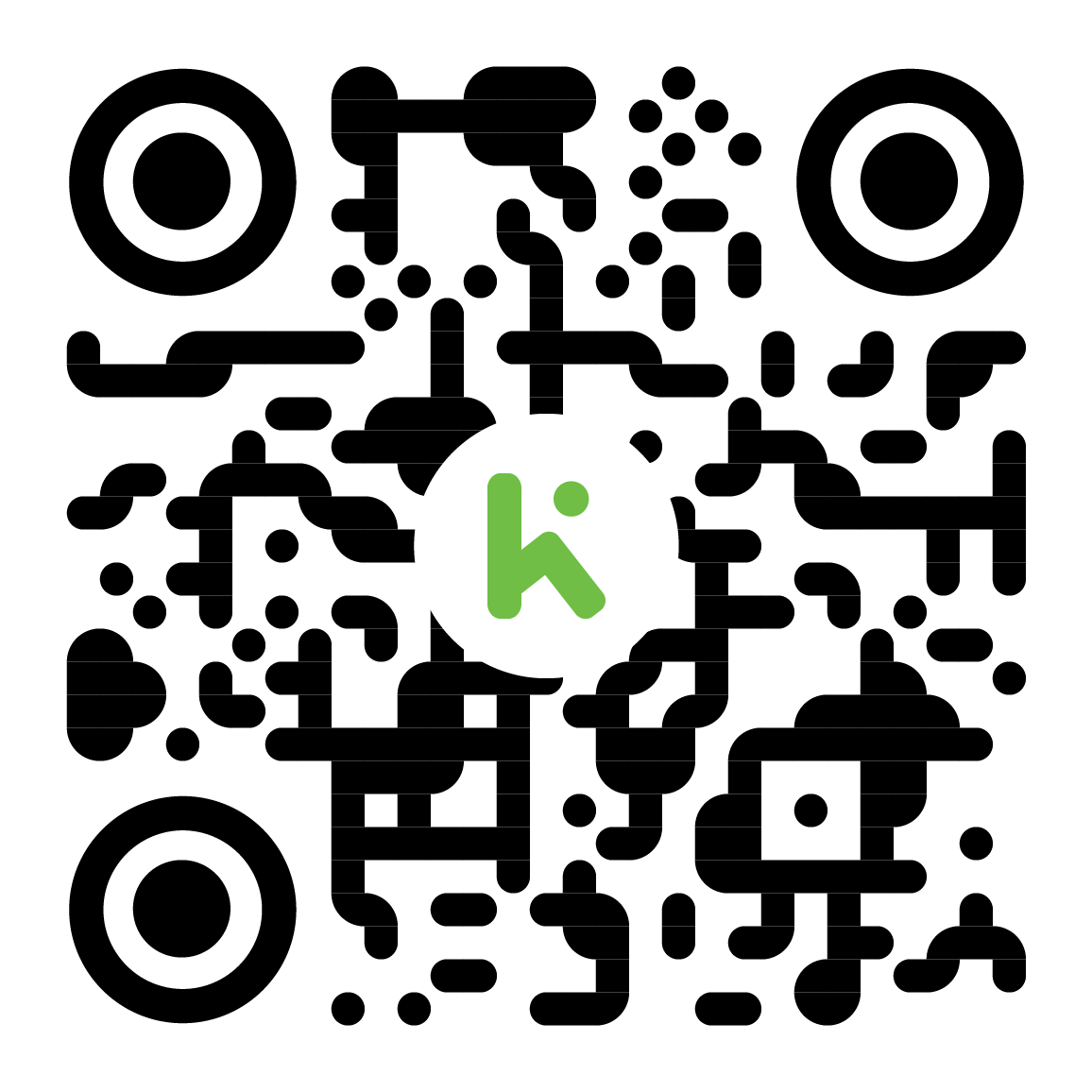“When I became a mom, I thought I was ready for everything. After all, I’m a chemist—I knew how to read ingredient labels, I understood formulations, and I thought I could trust the brands that claimed to be “gentle” and “safe” for babies. But the day I bought my first baby lotion for my newborn, something didn’t sit right with me. I flipped the bottle over, read the ingredients… and I froze. Mineral oil. Parabens. Synthetic fragrances. Petroleum derivatives. How could these be in a product meant for delicate newborn skin?” Entela Celiku, the chemist behind Kungul.
An Afternoon That Changed Everything
That afternoon, I did what any scientist would do—I researched everything. I spent hours on the web, digging into the ingredients of every major baby brand, cross-referencing studies, and even going to stores to test product formulas myself. What I found was shocking.
Many so-called “baby-safe” products contained the same harsh chemicals found in regular skincare. Because babies can’t complain, we assume they are fine. However, research confirms that a baby’s skin is thinner and more absorbent than an adult’s, meaning toxins enter their bloodstream faster. Mineral oil (petroleum-based) does not nourish the skin; instead, it forms an artificial barrier that prevents it from breathing and healing naturally. Baby powders made with talc, as seen in the Johnson & Johnson case, have been linked to serious health risks, including ovarian cancer and respiratory issues. Diapers contain chlorine, phthalates, and fragrances that can trigger allergies, cause skin irritation, and disrupt hormones.
The Baby Powder Scandal and What We Can Learn
For decades, parents trusted talc-based baby powders to keep their babies dry. But scientific research and lawsuits revealed that some talc-containing powders were contaminated with asbestos, a known carcinogen. Multiple studies found links between talc exposure and ovarian cancer, particularly in long-term users. Thousands of lawsuits later, Johnson & Johnson removed talc from their baby powder, replacing it with cornstarch, which is a safer alternative.
Bath Time: Less Is More
Many parents believe that newborns need daily baths, but this is actually unnecessary. Over-bathing can strip a baby’s delicate skin of its natural oils, leading to dryness and irritation. Experts recommend bathing newborns only two to three times per week with lukewarm water and a mild, fragrance-free baby wash.
Gentle cleansers like Mustela’s Soothing Cleansing Gel are ideal for newborns, as they are free from sulfates (SLS/SLES), artificial fragrances, and parabens, which can disrupt the skin barrier. Similarly, Mustela’s Soothing Cleansing Wipes offer a safe and effective way to cleanse delicate skin without irritation.
The Benefits of Post-Bath Oil Massage
After bath time, massaging your baby with high-quality oils can improve circulation, promote relaxation, and keep their skin soft and nourished. Mustela’s Baby Oil (Kungul score: 8-10) is a great option as it provides hydration while avoiding harmful synthetic additives.
Mustela ensures transparency by fully disclosing their fragrance ingredients to EWG group. The fragrance used in Mustela’s products is carefully selected, hypoallergenic, and free from known harmful compounds, making it a safe choice even for newborns.
Diapers: What’s Really Touching Your Baby’s Skin 24/7?
Diapers stay in constant contact with a baby’s most sensitive skin, yet many conventional brands contain harmful chemicals. Chlorine and dioxins, used in bleaching processes, have been linked to hormonal disruptions. Fragrances and dyes can cause allergic reactions and rashes. Phthalates and volatile organic compounds (VOCs), used in plastic linings, have been associated with developmental concerns. Switching to chlorine-free, fragrance-free, and phthalate-free diapers can significantly reduce your baby’s chemical exposure.
Diaper Creams: What to Avoid
Many commercial diaper creams contain harmful preservatives, petroleum byproducts, and artificial fragrances. Petrolatum (mineral oil-based creams) blocks the skin’s ability to breathe and has been found to contain polycyclic aromatic hydrocarbons (PAHs), known carcinogens. Parabens, commonly used as preservatives, are linked to hormonal disruption. Artificial fragrances, which cause allergic reactions and skin sensitivity, should also be avoided.
Opting for natural, fragrance-free diaper creams like Mustela’s Certified Organic Diaper Cream (Kungul score: 9) can help protect your baby’s skin without unnecessary chemicals.
Glass Bottles Over Plastic: A Safer Choice for Bottle-Feeding
For parents who bottle-feed, choosing the right bottle is crucial. Plastic baby bottles, especially when exposed to hot water during sterilization, can release microplastics and harmful chemicals. Bisphenol A (BPA), commonly found in plastics, has been linked to endocrine disruption and developmental concerns. Phthalates, used in plastic bottles, can leach into liquids over time, affecting hormone regulation. Glass bottles are a safer alternative as they do not degrade, do not release harmful compounds, and are easier to clean and sterilize.
Why Organic Cotton Matters for Baby Clothes
Babies spend most of their time wrapped in fabric, yet conventional cotton is one of the most chemically treated crops in the world. Pesticides and chemical dyes used in cotton farming leave residues on fabric, which can irritate sensitive baby skin. Organic cotton is grown without pesticides or synthetic fertilizers, making it the safest and most breathable option for baby clothing and bedding. Studies show that organic cotton fabrics are softer, hypoallergenic, and reduce the risk of skin irritation.
How Kungul Helps Parents Find Safe Products
That’s why Kungul exists—to help parents scan baby products, check for harmful ingredients, and find safer alternatives. Our mission is simple: to empower parents with knowledge and give them the confidence to choose non-toxic, baby-friendly products.
Final Thoughts: Trust Science, Not Marketing Claims
By making informed choices—choosing a better lotion, switching to a safer diaper, dressing them in organic cotton, using glass bottles, and keeping bath time simple—we reduce unnecessary chemical exposure and promote better health for our children.
To make this process easier, Kungul not only provides a free scanning tool to analyze product ingredients but has also suggested several safe and effective products in this blog. With Kungul’s recommendations, including Mustela’s high-scoring (8-10) baby care products, parents can confidently choose gentle, non-toxic options that truly prioritize their baby’s delicate skin.

